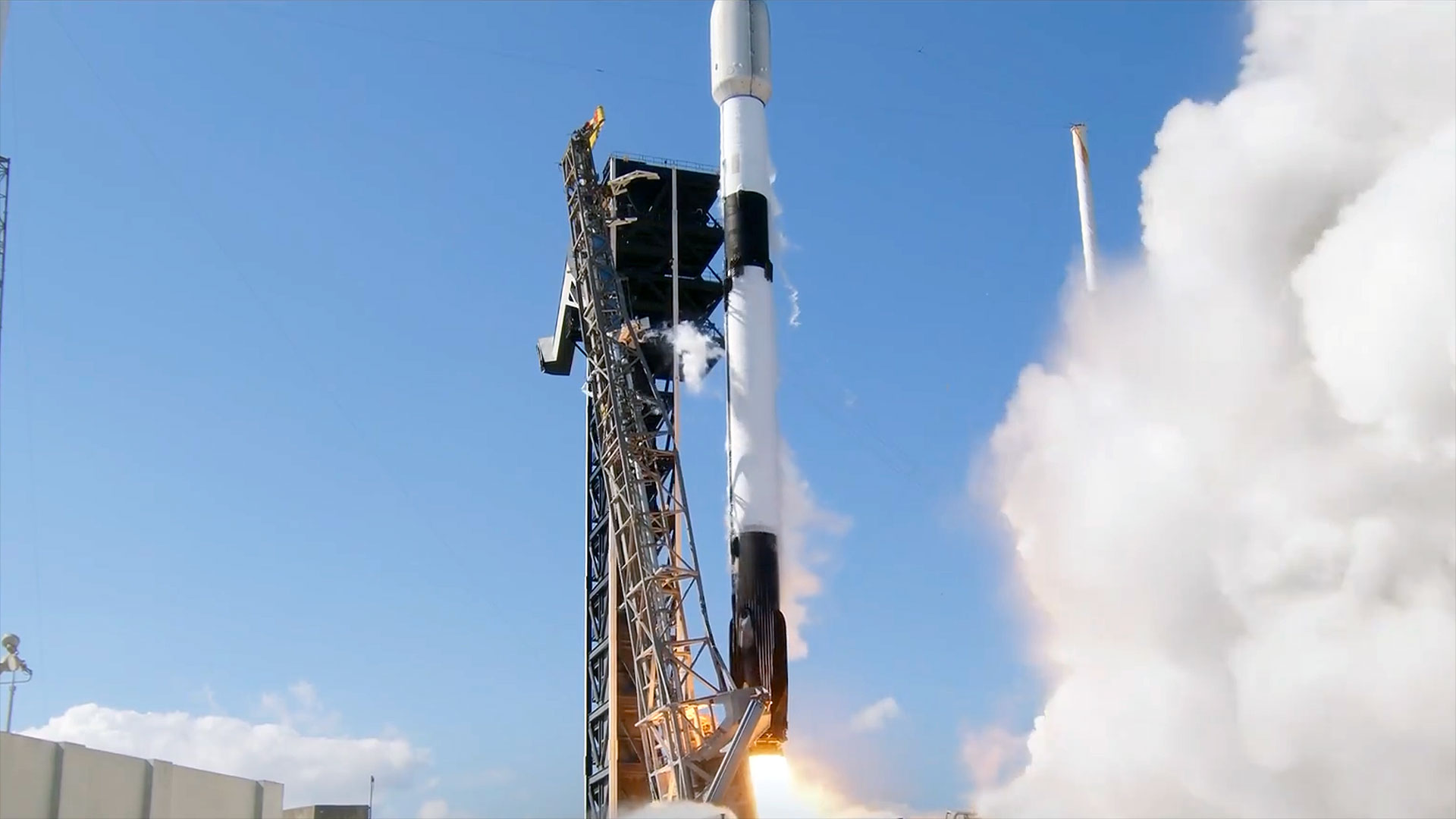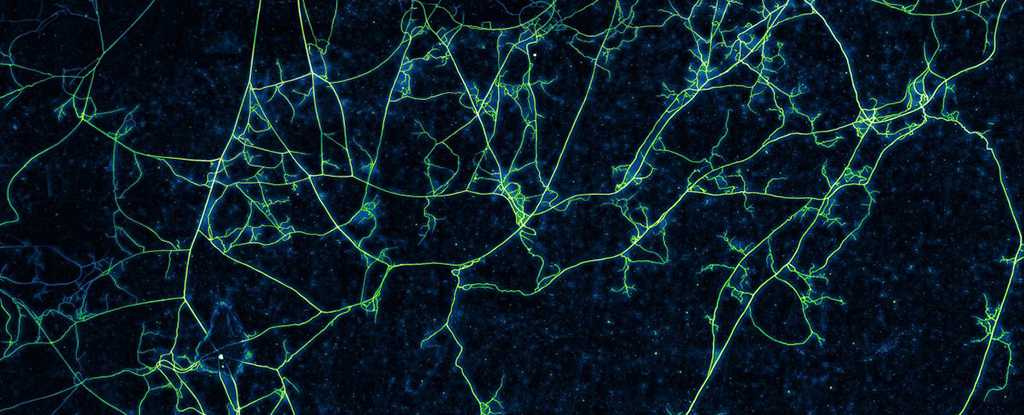Elon Musk and how the left makes monsters of us all
Liberals are finding out that when you try to silence all dissent, you create thousands of outcasts.

It appears that Elon Musk has incited the good townsfolk of Washington, D.C.
Across the internet, politicians and pundits are in a monstrous mood. The same people who spent the last year declaring the imminent death of democracy if Donald Trump were elected are now insisting that the real threat is the monster he has unleashed upon the federal bureaucracy.
For Washingtonians, Musk is the bogeyman they have long described to their children around campfires at night: An outsider who comes to town and lays waste to government waste, firing thousands and slashing budgets. Part Frankenstein, part Bigfoot, that creature never had a name, but would be beholden to no one and uninterested in the status quo.
The monster now has a name, and it is Elon Musk.
Democratic politicians are now claiming that reducing government is equivalent to destroying government. Senate Minority Leader Chuck Schumer (D-N.Y.) yelled dramatically to an outdoor crowd this week that Musk's government efficiency efforts are "taking away everything we have."
For decades, both Democratic and Republican presidents have run on reducing government and making it more efficient. But everyone knew that such campaign pledges would be quickly discarded after each election.
What is so terrifying this time is that Musk means it. We know that because he has done it before.
When Musk bought Twitter with the promise of dismantling its censorship system and culture, he started by firing virtually everyone. Critics immediately declared that he was a fool and did not understand how to run a social media company. Former Clinton Labor Secretary Robert Reich said that Musk's firings meant the death of Twitter and triumphantly declared, "You break it, you own it."
It did not exactly work out that way. Musk fired as much as 90 percent of his staff, and the company survived. Liberals only grew more determined, seeking even to boycott his other companies and bar Space X from needed national security missions.
As liberal media and pundits raged, Musk stayed firm and survived. Now Amazon has increased advertising on X, which is now the sixth most popular social media site. It has reportedly hit 500 million subscribers and a 40-plus percent profit margin. It is set to make billions with a greatly reduced overhead due to the firings.
Musk's model has been watched — and to some degree replicated — by other companies. Sometimes the way to change a culture is to change the people.
Take the U.S. Agency for International Development, where Musk led an effort to freeze operations at the agency and move it to within the State Department. Notably, they are not shutting down the agency, and Trump has said that he wants to continue foreign aid needed for core missions like clean water and disease prevention, for example.
There are good-faith reasons to be concerned that vital programs must not be abruptly ended. However, the complaint is that USAID is the ultimate example of a bloated agency with a high percentage of funding going to administrative costs over field operations.
The State Department reportedly plans to reduce the USAID workforce from more than 10,000 to fewer than 300. It is vintage Musk. It is easier to take the trauma upfront and then rehire the employees needed to fulfill the mission with a leaner workforce.
That process is easier if you can get people to leave voluntarily. Part of it is performative like Musk showing up at Twitter with a sink — to let reality "sink in" for the thousands of employees.
It appears to be working. Many employees are taking an offer leave with a generous severance package. The idea is simple: If you throw a badger into a crowded car, people will get out. Musk is that badger.
As for Musk being a democracy-devouring Frankenstein, the rhetoric is again outstripping reality. The fact is that liberals rarely hunt monsters, they create their own monsters.
The making of "Muskenstein" can be found in the cancel campaign launched against him as soon as he pledged to restore free speech on Twitter. An unprecedented alliance of government, corporations, media and academia were arrayed against him.
This same alliance has worked countless times to get corporations and CEOs to comply with its demands for censorship. But Musk, the wealthiest man in the world, was unbowed.
Liberals correctly saw Musk's defiance as an existential threat. For years, they had exercised virtual total control of social media, legacy media and academia. Opposing views were denounced as dangerous disinformation.
The key to their system was that you maintain orthodoxy by coercing people into silence. During the COVID pandemic, scientists who challenged the enforced view of masks, COVID-19 origins, and other issues were banned or fired. Others remained silent as they watched colleagues exiled for expressing their opinions.
Musk had to be destroyed, or others might start to believe that they could also defy the groupthink.
The problem is that intolerance for opposing views creates thousands of renegades and outsiders. I was one of them. I was once associated with liberal academia, which frankly worked to my advantage in favorable media and academic opportunities.
I then began to question the growing orthodoxy in academia over the loss of free speech and viewpoint diversity, including the purging of faculties of conservative and libertarian voices. I was quickly targeted for it. But that campaign gave me an even greater understanding of the dangers of the anti-free speech movement from outside the system.
On a much higher level, Musk seems to have felt the same liberating aspects of being declared persona non grata. They turned Musk into the very monster they feared.
They are now doing the same thing with Mark Zuckerberg. After the head of Meta announced that he was going to end the robust censorship system on Facebook and other sites (as well as downsizing staff), the left went after him with the same unhinged hatred.
Like Musk, Zuckerberg had been celebrated as an industry icon but is now condemned as a grotesque abomination. Politicians such as Sen. Adam Schiff (D-Calif.) — who once threatened Zuckerberg not to restore free speech values like Musk — are now set against him. There is talk of boycotts as many liberals retreat into the safe space of BlueSky, a site that essentially protects liberals from opposing views.
BlueSky's appeal is that it stays close to shore, where the waters are safe and shallow. The problem for many on the left is that more and more people want to venture beyond those navigational buoys. Like Musk, they want to consider new horizons and possibilities.
In Pirates of the Caribbean, Captain Hector Barbossa warns Captain Jack Sparrow, "You're off the edge of the map, mate! Here there be monsters!" For liberals, we are now off the map where creatures of mythological shapes dwell.
They found them exactly where they thought they would be. After all, they created them. They have made monsters of everyone who challenges the confines of their known world.
Jonathan Turley is the Shapiro professor of public interest law at George Washington University and the author of “The Indispensable Right: Free Speech in an Age of Rage.”












































































